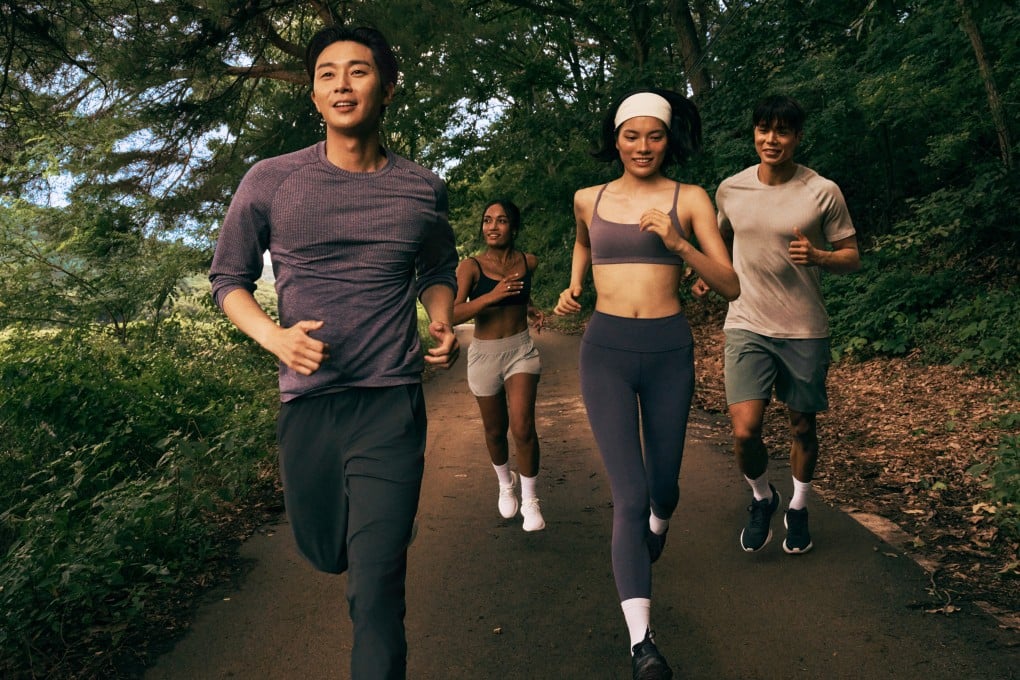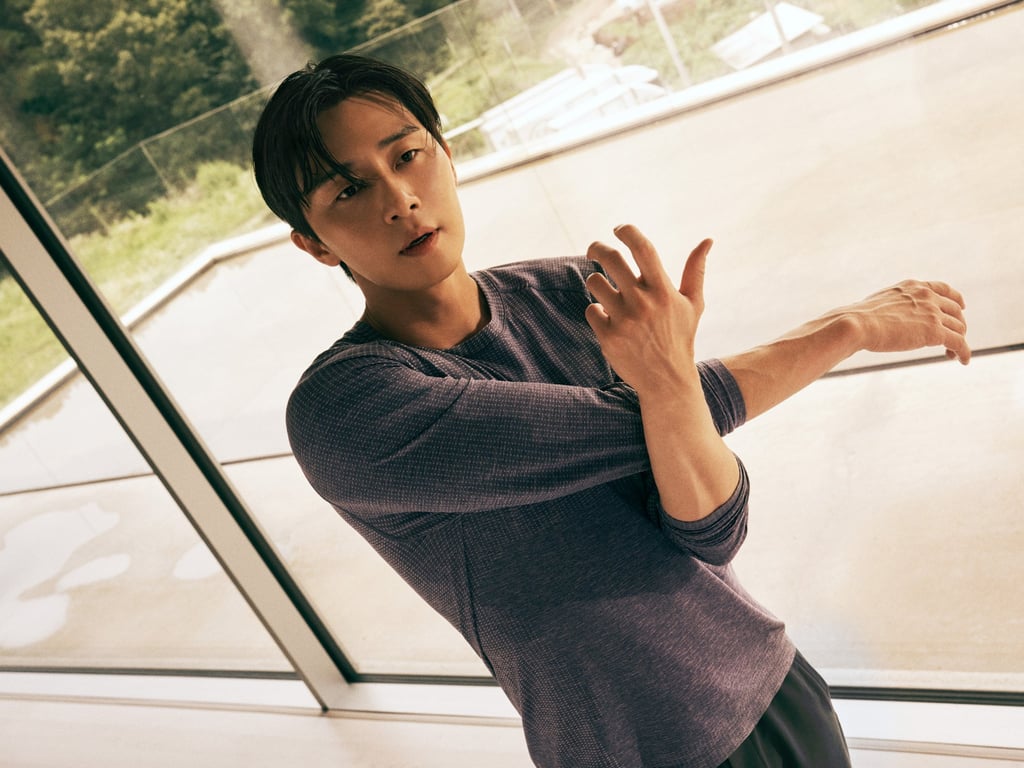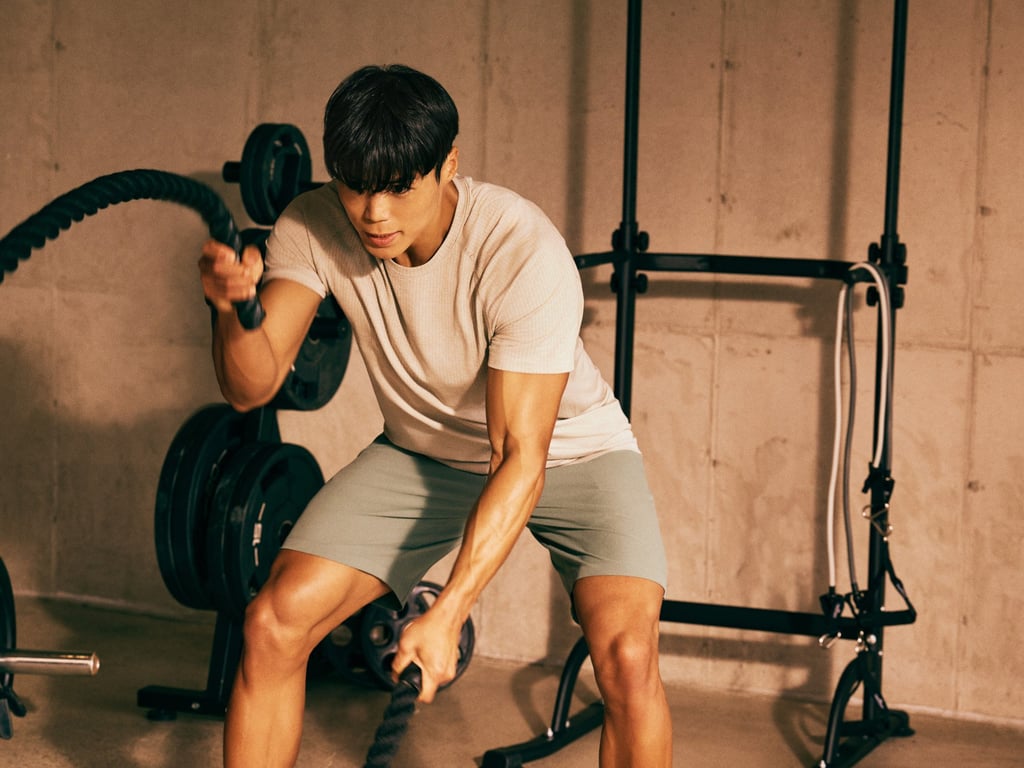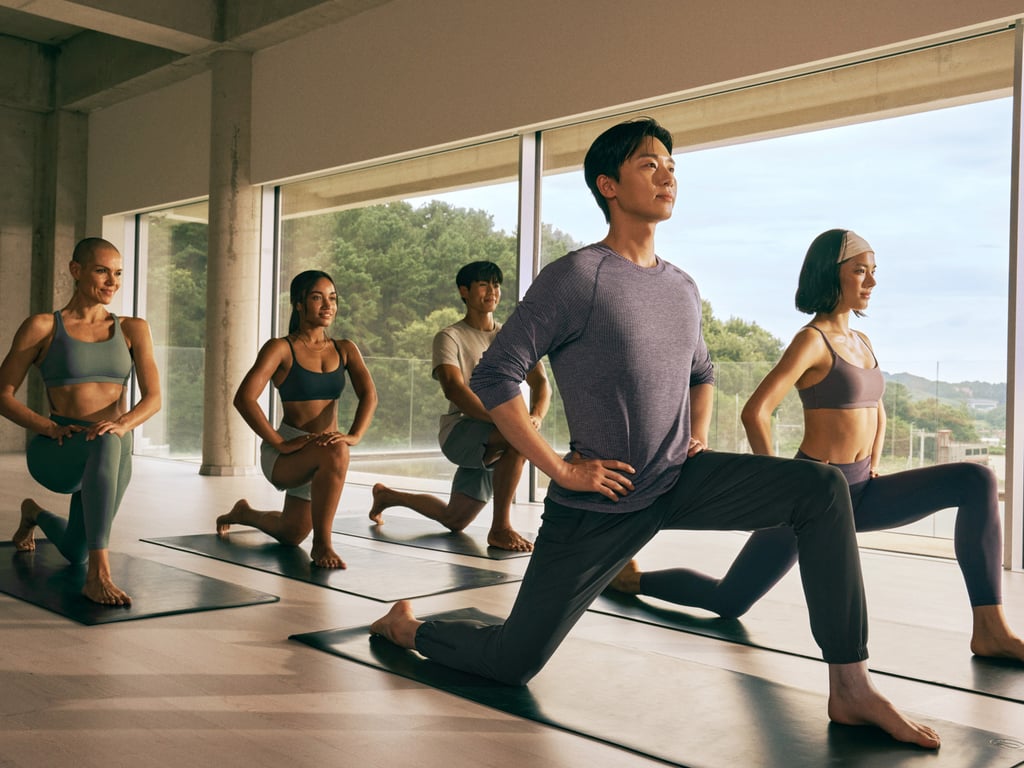Is the pursuit of well-being burning you out? A favoured remedy is to move together
Lululemon’s fourth annual ‘Global Wellbeing Report’ looks at 15 markets and finds that people feel best when being active with others

Fitness and well-being have become essential in many people’s lives, providing countless benefits to mood, body condition and overall self-esteem. It seems as if almost everyone is signing up for a new gym or yoga classes, or regularly heading to the hills for a hike. Online, there is no lack of YouTube videos to follow for all types of exercises.
And fitness trackers are exploding in popularity, with market researcher Fortune Business Insights valuing the global market for the devices at nearly US$54 billion in 2023 and projecting it will grow from US$62 billion this year to more than US$290 billion by 2032.
In this growing pursuit of wellness, many people are feeling the burn – but in the wrong way. A new report from the technical athletic apparel brand Lululemon finds that wellness fatigue is setting in, especially among men in Asia and members of Gen Z worldwide. In addition, three Asia-Pacific markets – Australia, New Zealand and Malaysia – rank among the top five “burnout zones” globally.

The fourth annual “Global Wellbeing Report” finds that while 89 per cent of individuals surveyed worldwide said they were taking more proactive steps towards well-being, nearly two-thirds were feeling overwhelmed by societal expectations to appear well.
The report, which is based on data from online surveys conducted in 15 markets around the world in April and May, refers to the phenomenon as “well-being burnout”. As an antidote, people are turning to community-based movement and group workouts as a means to connect with others and seek support.
The well-being burnout trend particularly stands out in certain markets. The survey found heightened levels of burnout and loneliness in Malaysia, particularly among Gen Zers. One in two men also said societal expectations for their gender make it difficult for them to express emotions.
However, 68 per cent of the country’s respondents said they use physical activity as an opportunity to socialise, with 71 per cent of the men indicating that working out is one of their favourite ways to spend quality time with friends.
These sentiments are not only shared in other burnout zones, but also across Southeast Asia as well as in Hong Kong, where more than 60 per cent of respondents said they love moving with others as a way to improve well-being.
In Japan, the survey found that despite facing many challenges socially and economically, Gen Zers are significantly more likely to engage in group workouts as a way to keep in touch with friends, meet like-minded people and improve their sense of well-being.
Another takeaway from the report is that exercise does not have to be stringent in order to be effective. Fifty-seven per cent of the survey’s respondents worldwide said that they only needed to stretch for 30 minutes or less a day to feel a positive effect.
In Thailand, 83 per cent of men are combining low-intensity exercise with comfortable activities at home as part of a holistic approach to improving well-being. And 55 per cent of them are also joining in-person health and fitness establishments to benefit their social well-being.

Small adjustments to one’s mindset and lifestyle can reap significant benefits. For example, taking breaks from social media and connecting with friends and loved ones in person were cited as favoured ways of keeping the burnout at bay.
“By sharing these insights, we hope to stimulate conversations and encourage people to reflect on how to support their well-being,” says Calvin McDonald, CEO of Lululemon.
The Lululemon Mental Wellbeing Global Advisory Board, which was created last year to help develop best practices in this area of wellness, suggests that people set boundaries in order to create space for self-reflection and also take small steps based on their personal needs to achieve holistic well-being.
One of the board’s members, Sarah Kline, CEO of the NGO United for Global Mental Health, says: “Each person’s well-being is a unique journey. Small actions like making time to connect with others, getting enough sleep, eating well, exercising and limiting screen time can go a long way in supporting one’s well-being.”
Ahead of World Mental Health Day on October 10, Lululemon is making a donation of US$2.5 million that will go to various global organisations devoted to the issue, including United for Global Mental Health, the Global Coalition for Youth Mental Health, led by Unicef, and Unicef’s Global Mental Health Fund, along with grass-roots organisations worldwide.
In addition, the brand is advocating for holistic well-being with its new “Together we grow” campaign, which kicked off earlier this month and continues through October 13. It invites people across the Asia-Pacific to work with Lululemon’s community partners to reach a collective goal of 1 million minutes of movement, which will then unlock 1 million minutes worth of movement activities throughout the region.

Two of the Lululemon brand ambassadors joining the campaign, South Korean actor Park Seo-jun and CrossFit athlete Amotti, have their own experiences to share about overcoming setbacks with the support of other people.
After a serious accident in 2021, Amotti was told he might never walk again. But he made a huge comeback, emerging this year as the winner of Netflix’s hit reality show Physical: 100 Season 2 – Underground. He says his inner circle helped pull him out of his lowest moments, adding: “The driving force and foundation for my growth is doing things I like with people who like them.”
Park, known for his charming Korean drama roles as well as his devotion to running, callisthenics and weightlifting, has learned how to cope with the immense pressure and incredible expectations of the entertainment industry. “I wish to encourage people to keep moving their bodies, and keep connecting with others,” he says. “I hope we can develop a culture where it’s natural to openly talk about our feelings and express emotions.”
Nathan Chang, vice-president of brand marketing and community for Lululemon Asia-Pacific, notes that the “Together we grow” campaign is aimed at highlighting the joy of moving and the power of community-based movement. He adds: “By kicking off a friendly challenge, we introduce a clear, easy way for all to rally around one message: that moving with others is a powerful tool to support and boost your well-being.”